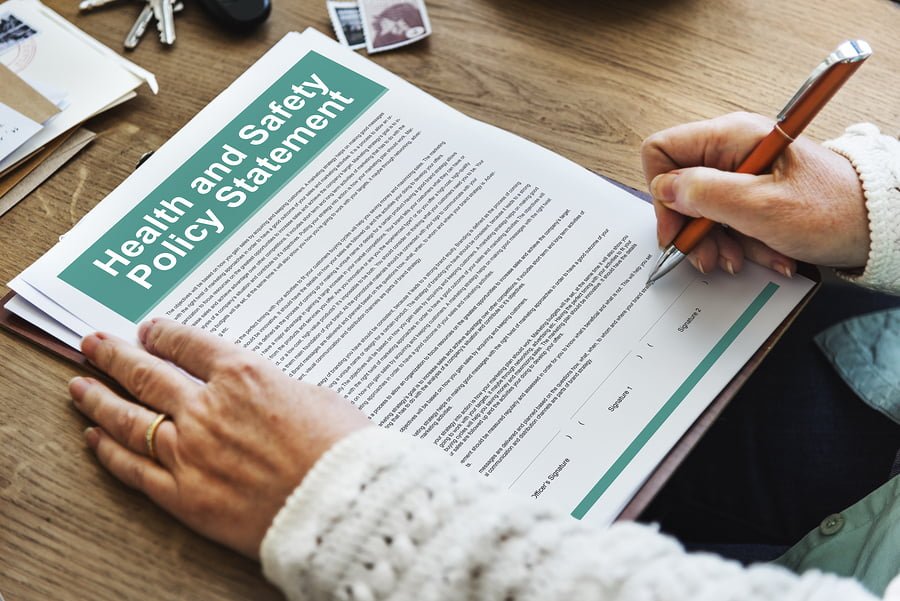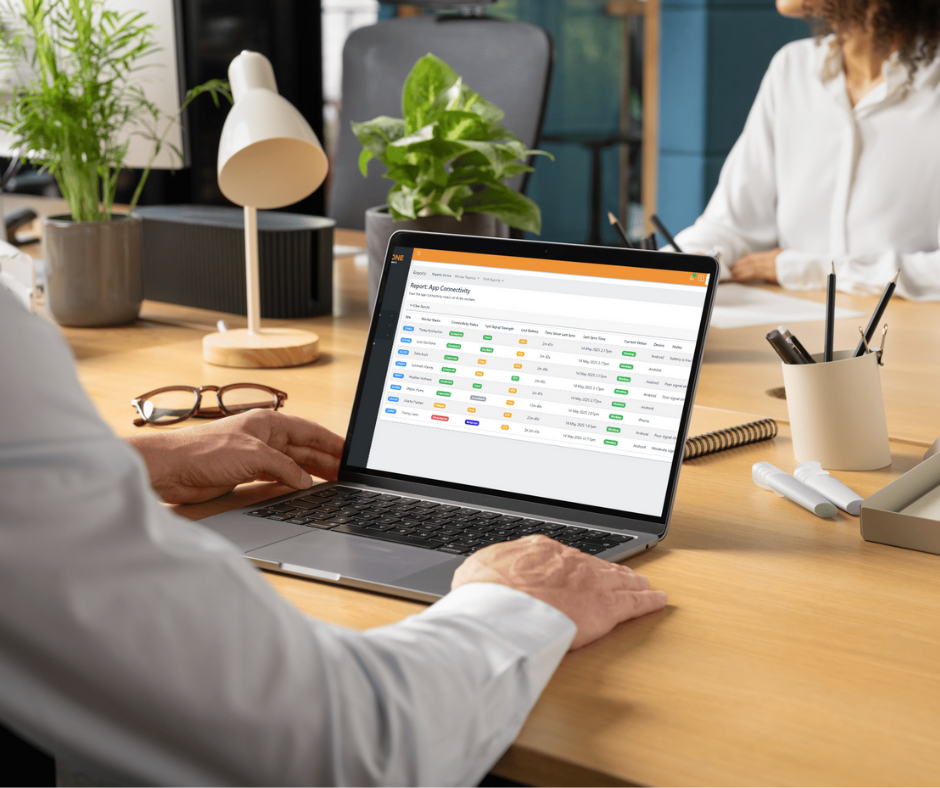What is a Lone Worker Policy and other Questions

Ok Alone is one of the highest-rated lone worker solutions around and because of this, we get asked lots of questions from and about lone workers. A lot of people also search on Google about lone working. People ask who lone workers are, what are the risks of lone working, how do they stay safe and much, much more.
1. What are the rules for working alone?
Employees are legally allowed to work alone. There is nothing specific in general legislation that prohibits a person from working alone. However, employers need to assess situations on a case by case basis. Some situations such as pregnancy or existing disability/medical conditions may stop a person safely working alone or affect a person’s ability to complete tasks alone or in isolation.
Each job presents specific risks, and it’s up to the employer to assess these risks and take steps to avoid or control them when necessary. Risk assessments are incredibly important to nail down, as they have a direct effect on the health and safety of lone workers.
2. What is a lone worker policy?
The lone working policy is a document that has been written by a company and must be followed by all employees. Policies need to be tailored to each task and to each location and adhere to any local lone working legislation in the area. Some regions are quite progressive in this matter and have specific work-alone legislation in place, while others may follow a more general “duty of care” clause.
3. What does the lone working policy cover?
Whichever laws apply to a workplace, they need to be considered in the policy to ensure compliance and that the highest safety standards are being met. It’s best to include specific details on the necessary legislation, such as the names of the acts being adhered to, so employees can reference them if need be.
All employees have a duty to comply with the lone worker policy, and also to accept the element of personal responsibility for their own safety. Where necessary company’s policies should include responsibilities with more specific details related to the task(s) in question.
4. Why have a lone working policy?
Employers are likely required, by law or according to health and safety regulations, to implement a lone worker safety policy. Even if accidents or incidents occur outside of business premises, when they transpire during the execution of an employee’s duties or, in some cases, during transit to a job site, the company is accountable. In many cases, a remote worker is at higher risk of injury and it’s up to the employer to assess and reduce those risks.
Keeping lone workers safe with a lone worker solution
The best way to keep lone workers safe and protected is to use a lone worker solution. The most convenient solutions use hardware, like smartphones, that lone workers already possess. The best solutions allow workers to check in with their companies on a regular basis to show they are all right. They also use automated notifications to remind workers if they forget to check in.
A great lone worker solution has the following features:
- It sends notifications to your phone in case you forget to check in
- It has GPS monitoring to alert others of your location in an emergency
- It works through your phone, so no additional device is required
- It takes minutes to set up and there are no set up fees or long-term contracts
Ok Alone offers all these features and many more, such as high risk check in, voice activation and man/worker down detection.
More Questions
Book a Demo Today
Alternatively, get a free trial of the app
Want to try OK Alone? Click the button below and enter your details. It's free and no credit card is required.





